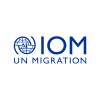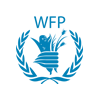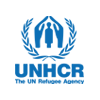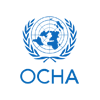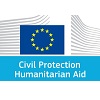3RD Riyadh International
Humanitarian Forum
20-21 February, 2023
In partnership with the United Nations

About The Riyadh International Humanitarian Forum
-
Objectives
· Strengthening dialogue and communication between leaders, donors, practitioners, and researchers, to exchange experiences, ideas, and best practices for the development of humanitarian work.
· Improving the Humanitarian, Development and Peace Nexus (HDPN) to ensure sustainable development.
· Adapting technology and digital transformation to serve humanitarian work.
· Presenting the most pressing opportunities and challenges in humanitarian work to develop innovative, sustainable, and effective solutions for humanitarian response.
-
Themes
· Evolving Humanitarian needs and response.
· Data collection and analysis to support humanitarian work.
· Anticipatory Action: Strengthening Local Communities’ Resilience.
· Achieving SDGs through Humanitarian, Development and Peace Nexus.
· challenges humanitarian work.
-
Participants
· Decision-makers in the international humanitarian community.
· UN Organizations, NGOs and INGOs.
· International and national agencies.
· Academicians and researchers specialized in humanitarian assistance.
- Forum Program
Statistics
Sessions
Speaker
Registered
Agreement
Organisation
Representative
RIHF Attendees and Speakers

Prince Faisal bin Farhan bin Abdullah bin Faisal Al Saud
Foreign Minister of the Kingdom of Saudi Arabia
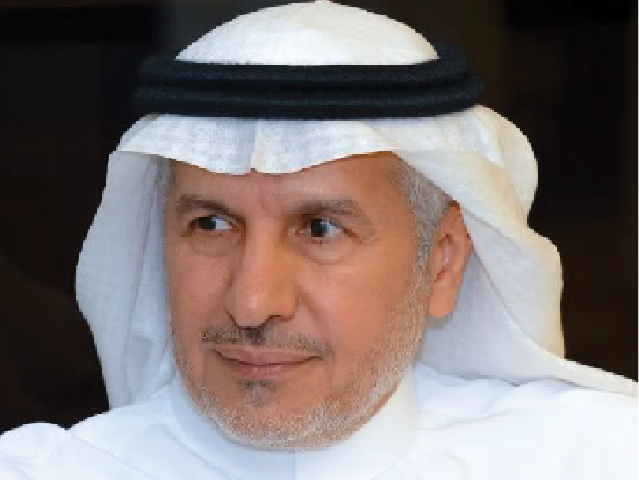
Dr. Abdullah Bin Abdulaziz Al-Rabeeah
Adviser to the Royal Court and Supervisor General of King Salman Humanitarian Aid and Relief Centre
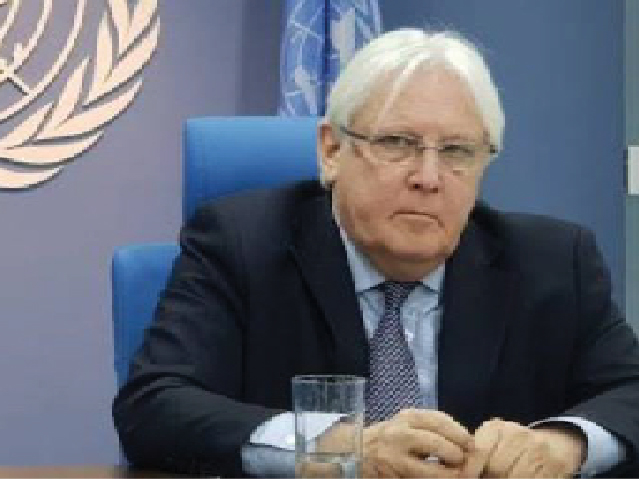
Mr. Martin Griffiths
Under-Secretary-General for Humanitarian Affairs and Emergency Relief Coordinator

Mr. Janez Lenarčič
The European Commissioner for Crisis Management
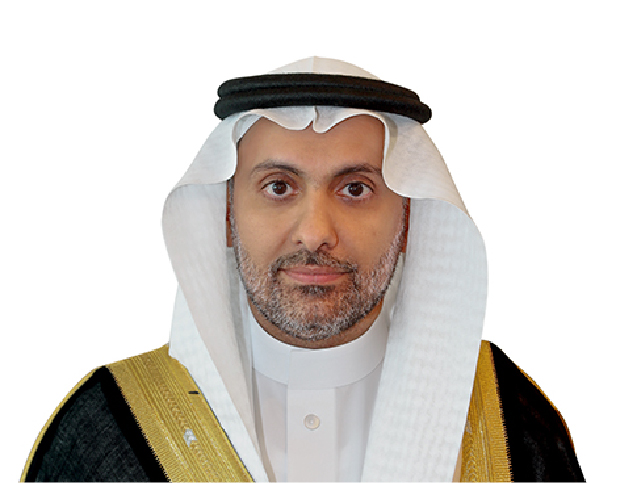
Fahad Abdulrahman AlJalajel
Minister of Health
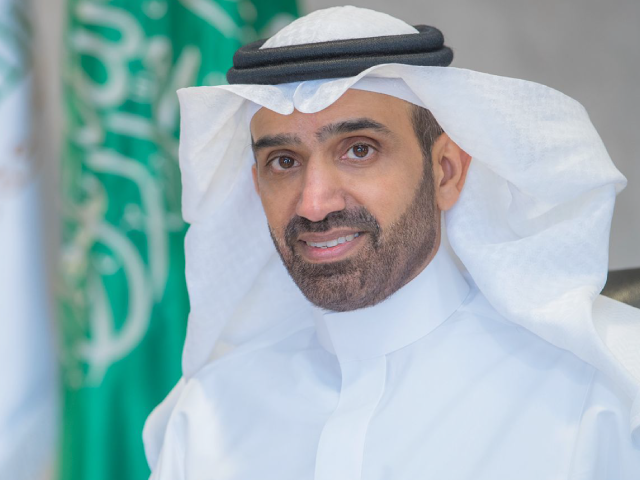
Ahmed Suleiman AlRajhi
Minister of Human Resources and Social Development
Recommendations
Partnership (Evolving Humanitarian Needs and Responses)
1. Promote open, transparent, and effective partnerships by sharing
information, accurately assessing the needs of affected populations and
defining appropriate humanitarian interventions to better anticipate,
prioritize, prepare and respond to evolving humanitarian requirements.
2. Adopt a results-oriented approach to ensure the efficiency of
implementation and maximize the impact of humanitarian interventions.
Assessment (Data Collection and Analysis to Support Humanitarian Work)
1. Enhance the capacity of humanitarian actors to collect, analyze
and disseminate data to address humanitarian needs and advocate for informed
decision-making on humanitarian interventions in a timely manner.
2. Assess humanitarian needs and monitor interventions that result
in a meaningful impact on affected populations by using innovative technologies,
researched and evidence-based approaches, data collection mechanisms and
big-data analytics.
Localization (Anticipatory Action: Strengthening the Resilience of Local Communities)
1. Build the capacity of local actors to better respond to crises by
strengthening the adoption of a people-centered approach in identifying needs,
increasing access to innovative tools, and improving preparedness for response
mechanisms.
2. Establish effective, structured, systematic communication and
cooperation channels at the local level in conflict and disaster-prone areas to
enhance performance and accelerate response.
3. Accelerate localization to strengthen community gains through
proactive action to provide better outcomes to protect and restore lives and
livelihoods.
Nexus (Achieving SDGs through Humanitarian, Development and Peace Nexus)
1. Promote complementarity between humanitarian, development, and
peace actors and approaches to strengthen joint programming and effective
coordination.
2. Operationalize the nexus approach based on lessons learned and
best practices and develop practice-based guidance for wider dissemination and
replicability.
3. Design interventions across sectors for vulnerable communities
in fragile contexts to strengthen resilience and adaptation.
Organizations
